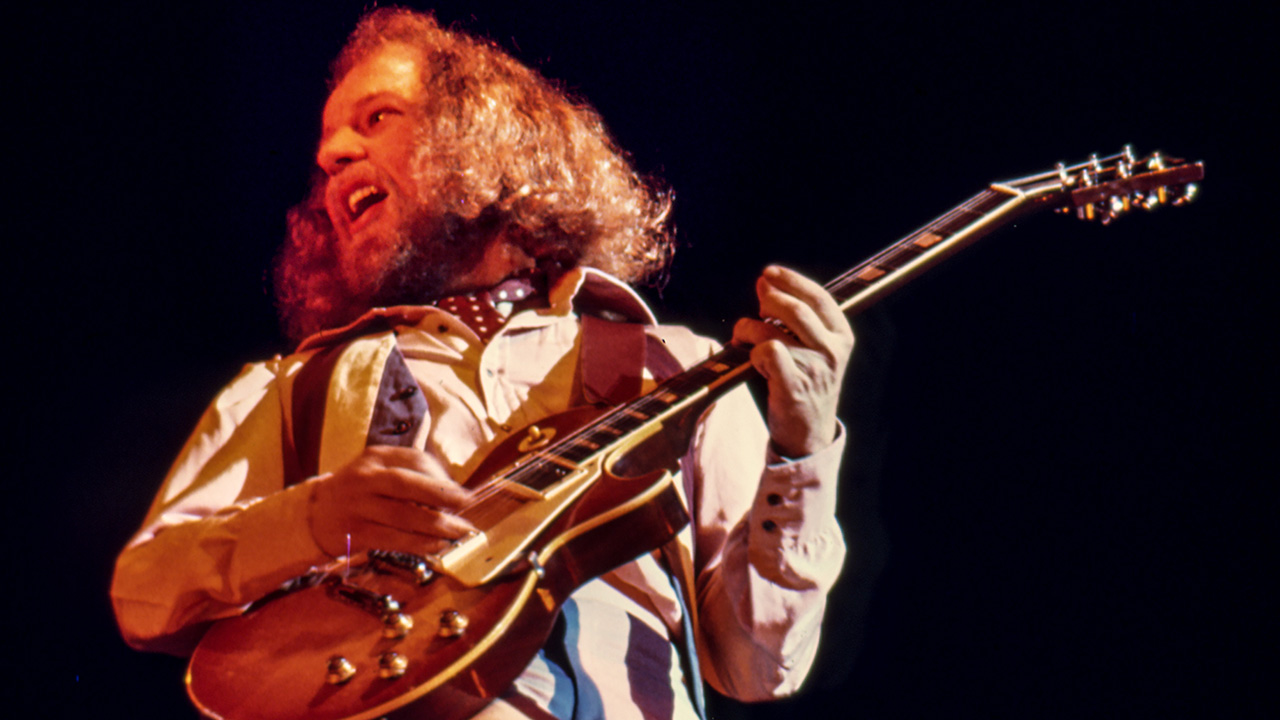Rob Reed: "Half of Mike Oldfield’s fans think I’m a saviour!"
With his Sanctuary series, Rob Reed takes inspiration from Mike Oldfield’s Tubular Bells. So much so that for part two he asked Oldfield collaborators Simon Phillips and Tom Newman to join hi
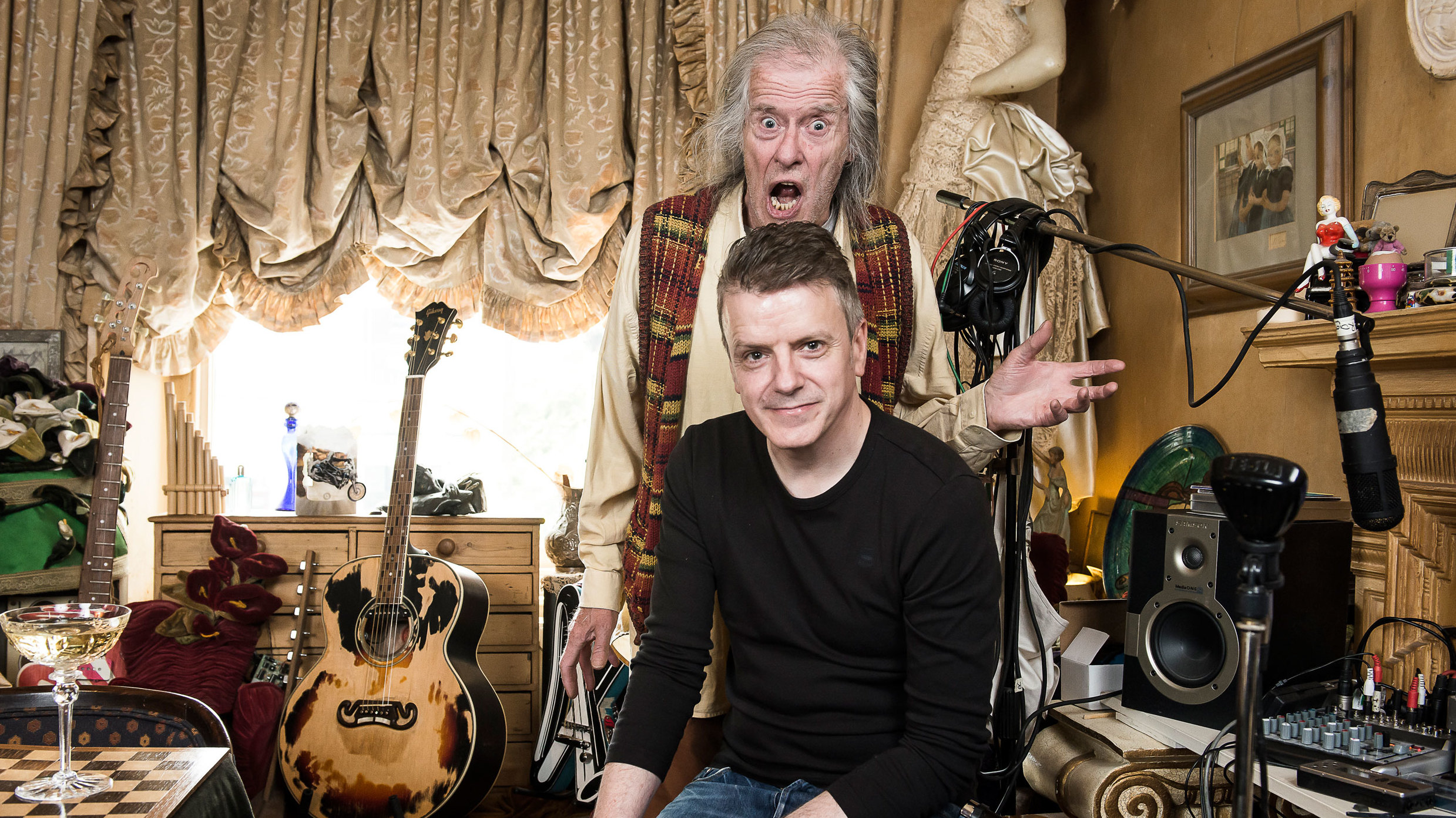
Select the newsletters you’d like to receive. Then, add your email to sign up.
You are now subscribed
Your newsletter sign-up was successful
Want to add more newsletters?

Every Friday
Louder
Louder’s weekly newsletter is jam-packed with the team’s personal highlights from the last seven days, including features, breaking news, reviews and tons of juicy exclusives from the world of alternative music.

Every Friday
Classic Rock
The Classic Rock newsletter is an essential read for the discerning rock fan. Every week we bring you the news, reviews and the very best features and interviews from our extensive archive. Written by rock fans for rock fans.

Every Friday
Metal Hammer
For the last four decades Metal Hammer has been the world’s greatest metal magazine. Created by metalheads for metalheads, ‘Hammer takes you behind the scenes, closer to the action, and nearer to the bands that you love the most.

Every Friday
Prog
The Prog newsletter brings you the very best of Prog Magazine and our website, every Friday. We'll deliver you the very latest news from the Prog universe, informative features and archive material from Prog’s impressive vault.
It’s the worst thing about being a fan: your heroes will always disappoint you.
They want to move on, you’re desperate for another dose of the high that first got you hooked. They probably don’t even fully understand what people love most about their music, and are happy to leave that essence behind. You understand it completely, and can’t bear to see it slip from their grasp.
So what’s the solution? Well, one option is to make the music you’d like your heroes to make, all by yourself.
In 2014, Rob Reed took that idea and ran with it. In the shape of Sanctuary, he made an instrumental album inspired, informed and intoxicated by Mike Oldfield’s Tubular Bells, but taking its emotional journey, its sonic textures and its over-arching feel as a template for his own original instrumental album.
It was a highly invigorating musical journey in its own right, one that might have closely echoed the sonic textures of that 1973 opus, but which succeeded in transporting you to a self-contained musical landscape that was essentially a non-identical twin town, with a character and charm all of its own.
Not that approval was universal. Given the apparent audacity of Reed’s project, and the repainting-the-Sistine-Chapel sacrilege that some inevitably saw it as, Reed needed a thick skin to soak up some of the criticism. “Among Mike Oldfield fans, it splits people down the middle,” he tells us during a break from recording in his South Wales studio.
“I can’t help reading the comments online, and it seems one half of them think I’m the saviour of this type of music and the other half think I’m the Devil’s work and I shouldn’t meddle with it!”
In truth, like any sensitive artist, he over-estimates the level of criticism and underestimates the love – a brief survey on our part estimates the love-hate ratio to be more like 80-20 among Oldfieldites. And here at Prog, there’s no doubting which way our critical thumbs are facing.
Sign up below to get the latest from Prog, plus exclusive special offers, direct to your inbox!
Either way, Reed enjoyed the experience of making Sanctuary so much that he’s done it again. But having pulled off the experiment and, arguably, made his point with the first record, and given the rumours currently surfacing that Oldfield himself is working on Ommadawn II (and has of course sequelled Tubular Bells more than once), cynics might ask why we need a tribute act reinventing Oldfield’s sound when the man himself may be about to do the same?
“Ah, that word tribute,” Reed groans. “For me, that’s definitely not what it is. It’s not meant to be a rehash, or a pastiche. It’s not a cheap imitation, or a fanboy thing created in someone’s bedroom. These are stand-alone records with all real instruments in a proper recording studio. They’re proper albums that I wanted people to take seriously and judge on their own merits.”
The key for Reed is in the aforementioned distinction ‘this type of music’. While he has never sought to hide the huge Oldfield-shaped shadow in which this music was made, for him it’s a genre of music that he’s channelling, rather than paying specific ‘tribute’ to anything or anyone. In the same way as anyone playing funk music owes a heavy debt to James Brown, and bluesmen can always trace their fretmarks back to Robert Johnson, Reed is working from a long-established musical blueprint. The difference is that it’s a genre that never really bore much in the way of artistic offspring at the time. Oldfield’s startlingly original blend of longform, instrumental, progressive, electric, freeform, classically influenced celtic folk rock – let’s just call it ‘tubular prog’ – swept the living rooms and music centres of the globe over the months and years following its release, but it didn’t seem to filter that noticeably into that much of the music that followed.
“After Oldfield, no one else really made this kind of music any more,” Reed points out. “He moved onto more pop stuff, but no one has really made a record like (Tubular Bells) since then. The closest thing was Jean-Michel Jarre and Vangelis, but they were more synth-based. And one of the reasons nobody did it is because it’s so bloody hard!
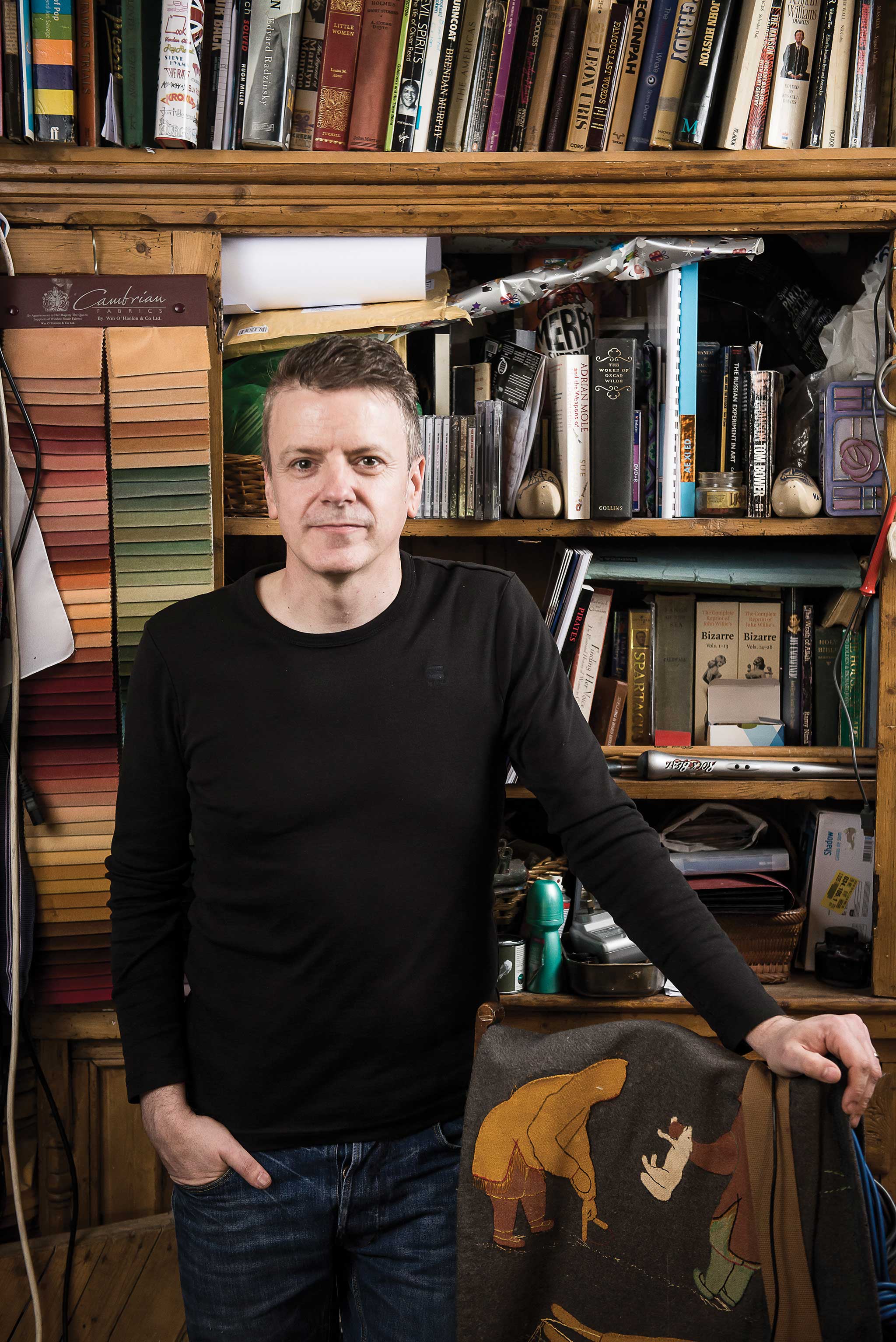
“You can say I’ve taken it and ripped it off – well, what I say is, you go and try and do it! It’s all played by hand, with no sequencing, and in addition write two evolving 20-minute pieces with great melodies that aren’t gong to send people to sleep – it’s not easy!”
That much is surely indisputable, and this sequel took Reed another year’s concentrated work from conception to completion, after he’d spent 18 months slaving over the first Sanctuary record.
Sanctuary II revisits the same aesthetic, but this time it’s painted with broader strokes and in bolder colours, under even brighter skies.
That ebullient vibe is boosted by the addition of a strong backbeat, provided by Oldfield drummer Simon Phillips, who adds fresh percussive punch to proceedings. His enthusiasm added to Reed’s confidence in the project, something that had its make-or-break moment back when original Oldfield producer Tom Newman agreed to assist on the first record.
“When I sent the sound files for the original Sanctuary to Tom I didn’t know if this was just a cheap pastiche or a great record, and I was thinking that if he’d come back and said, ‘What are you doing? You’re just a fanboy trying to imitate his idol,’ I would have binned it on the spot. But the fact that he liked it gave me the confidence to move on with it.
“And this time, with Simon on drums, I feared he might say, ‘Look, I’ve done my bit on this kind of music, I don’t want to know.’ But he was blown away by it. And then when he agreed to work on it I realised it might still not work with drums on. So there was this moment when the files arrived back from America and I was so nervous thinking, I hope it’s alright, because otherwise you’ve got to turn down one of the best drummers in the world and say, ‘I’m sorry, this is rubbish.’ And that would have been horrendous, like telling Paul McCartney, this bass is no good!”
While once again this is very much one man’s vision, with Reed playing all the instruments (bar the aforementioned drums and contributions from instrumental specialist and Ommadawn recorder player Les Penning), Reed isn’t such a control freak that he can’t take constructive criticism on board. And that lack of ego turned out to have an effect on the finished product. Tom Newman has become something of a mentor for Reed, and his input again proved invaluable this time around.
“About five-six months ago I sent Tom [Newman] the working demo,” Reed recalls. “He told me to send him all the different parts of it, the multi-tracks. And the first thing he said was, ‘You’ve crammed too much in. You’ve got two 20-minute pieces of music, yet you could expand the first one and make the record out of that.’
After Oldfield, no one else really made this kind of music any more. And one of the reasons nobody did it is because it’s so bloody hard!
“So he cut up all the multi-tracks and expanded certain bits, then he sent it all back. And I was like, ‘Yep, you’re completely right, I should let it all breathe a bit.’”
Somehow you can’t imagine that many one-man shows taking outside advice on board so readily, and Newman would later have more to say about Reed’s work in progress.
“Once it was done I thought I’d better send Tom the finished version. And I had an email back and it said, ‘The music’s amazing, but it sounds like it’s been mixed by a BBC sound engineer.’ And I was like, ‘ah, shit!’ He said, ‘It’s all too perfect – you’ve ironed out all the emotion from the record. Go back and listen to the rough mixes, and the vibe of what you had two or three months ago. So I went back and listened to those demos and I thought, ‘Oh my God, he’s so right!’ It was like a blinding flash of realisation!
“The trouble with us musicians, we spend so much time looking at a computer screen making our records, cutting and pasting and taking out any imperfections, we get away from what actually connects to people.
“When Tom was making records in the 70s, they didn’t have all this technology, so they weren’t sidetracked by it. All they were interested in was capturing a great performance. And if there was a couple of bum notes in there, so be it.
“So I went back and re-evaluated the whole album, and the first thing I had to do was cover up my computer screen! I realised I was spending so much time watching this wave form go from left to right, I wasn’t listening to the music! I couldn’t believe the difference when I mixed it that way. It transformed the record and completely changed the way I work. I go back and listen to old records now and I hear the difference so much.”
The end result shares a key characteristic of the first record, in that it has numerous melodic patterns that initially seem to bear little relation to each other, until repeated listens reveal them to be shape-shifting incarnations of the same hooks, riffs and figures you heard elsewhere.
All of which means that like many of the best progressive records, you won’t necessarily get the most out of it on the
first listen or three.
“It’s quite a demanding listen,” Reed admits. “It’s a lot to take in, but the rewards are worth it. It’s like a good film: this isn’t a blockbuster when it’s all instantly in your face, you get something new from it every time you listen, and lots of things fall into place.
“What people did with Tubular Bells was sit down with a glass of wine and headphones and get lost in it. I almost want to put a sticker on the front, suggesting that’s exactly what people do!
“It’s also more of a challenge not having lyrics on it, but I’m a great believer that you can have mood and emotion and affect people through melody. And people are getting it, and it does stand out from the crowd.”
What’s more, for Reed, the two 20-minute, lyric-free pieces create a very different mood to those he’s become accustomed to prog musicians producing.
“What people love about it – and it’s true of Mike Oldfield’s records too – is it’s so positive and uplifting. You listen to a lot of Pink Floyd stuff and even Steven Wilson, and much as I love their stuff, it’s all doom and gloom. Nothing wrong with that but you can really get bogged down in grey lyrics whereas this has a lot more light in it, I think.”
While we’re on such a positive note, Reed also reveals that he’s now in the process of making another Magenta record, their first since 2013’s The Twenty Seven Club.
And while the Sanctuary records were undoubtedly a labour of love, it’s been refreshing to get back to playing in a band.
“It’s quite nice to have other people in the room to talk to!” he says. “That said, it was weird with Magenta; we’ve done six or seven albums and I’d reached a funny point when I felt people would just say, ‘Yeah, sure, I know what that’s gonna sound like.’ Fans would say, ‘OK, thank you very much’, but sometimes it felt like even if we made the best record since Dark Side Of The Moon, people would be like, ‘Oh it’s just Magenta, I’m not going near it.’
“So I lost confidence in it. It was hard to find the love again for it to get up and go again. But I have done, we’ve got a new direction, there’s new styles on there, Tina [Booth] is really keen to do it and I love working with
her – she’s one of the best female vocalists around. So it’s back with a vengeance.”
And is there any chance of Sanctuary III following this?
“Hmmm. It actually feels like I’ve got nothing left in the tank now in this sort of style – I’ve given my all to it. I do feel now, ‘Where could I go for another one?’ because I’ve almost done it all in that format.”
Fair enough. But there’s one piece of unfinished business regarding Sanctuary, and indeed its sequel. No pressure, of course…
“The next thing is to play the bloody thing live. I promised I would play it live and every time I come into the office at Prog people say, ‘You’re a bullshitter! You said you’d play it live!’ But finding 10 people you can trust, it’s difficult! If you’re Mike Oldfield you can spend 40 grand and it’s all done for you, but I don’t have that luxury! But now I’ve finally got the players and about to book the venues and I’m about to finally bite the bullet and do it. Half of me can’t wait and half of me is absolutely bricking it!”
Something tells us that, like pretty much everything Rob Reed attempts, he’ll pull it off magnificently.
Sanctuary II is out now on Tigermoth. Visit Rob’s Facebook page for more information.
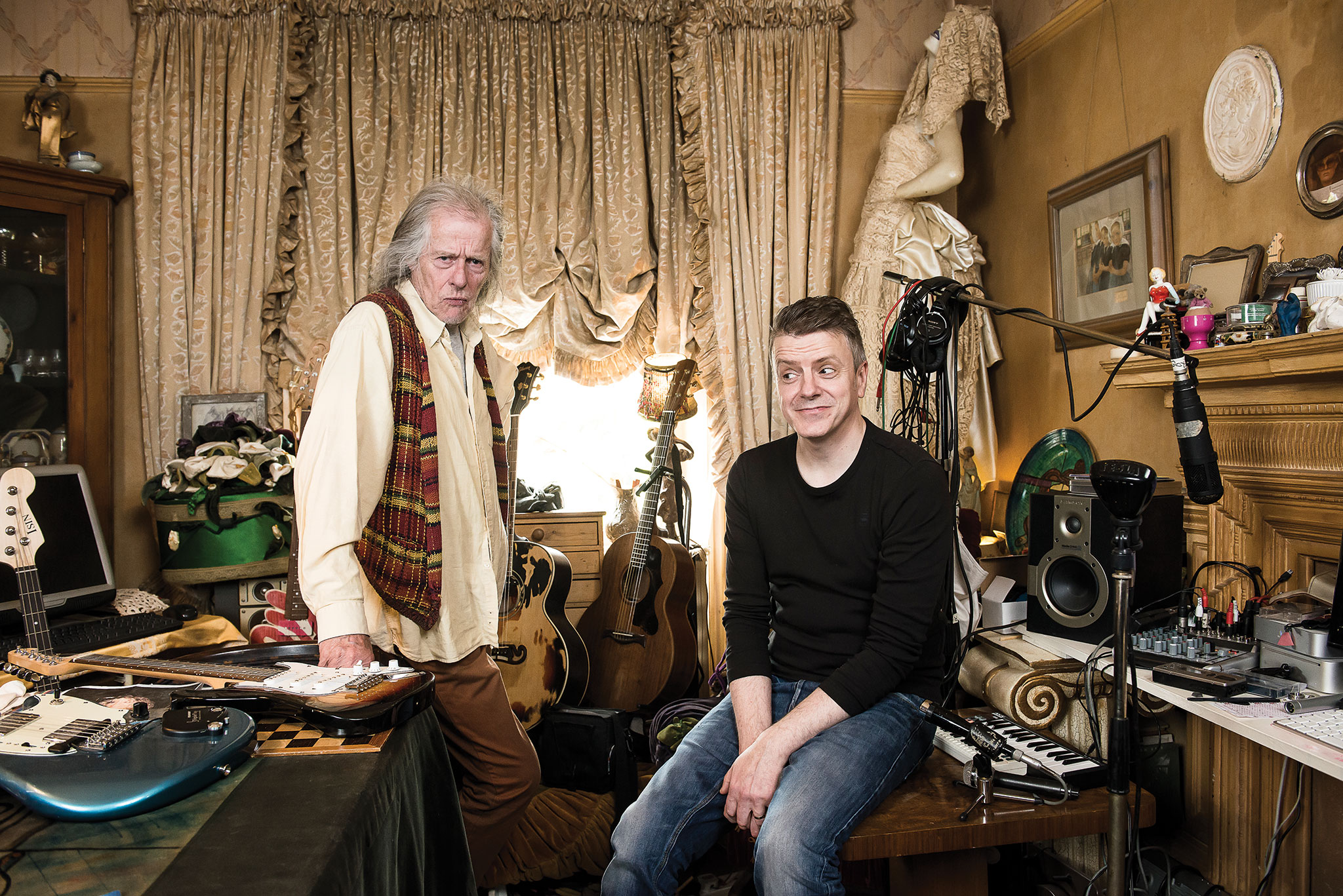
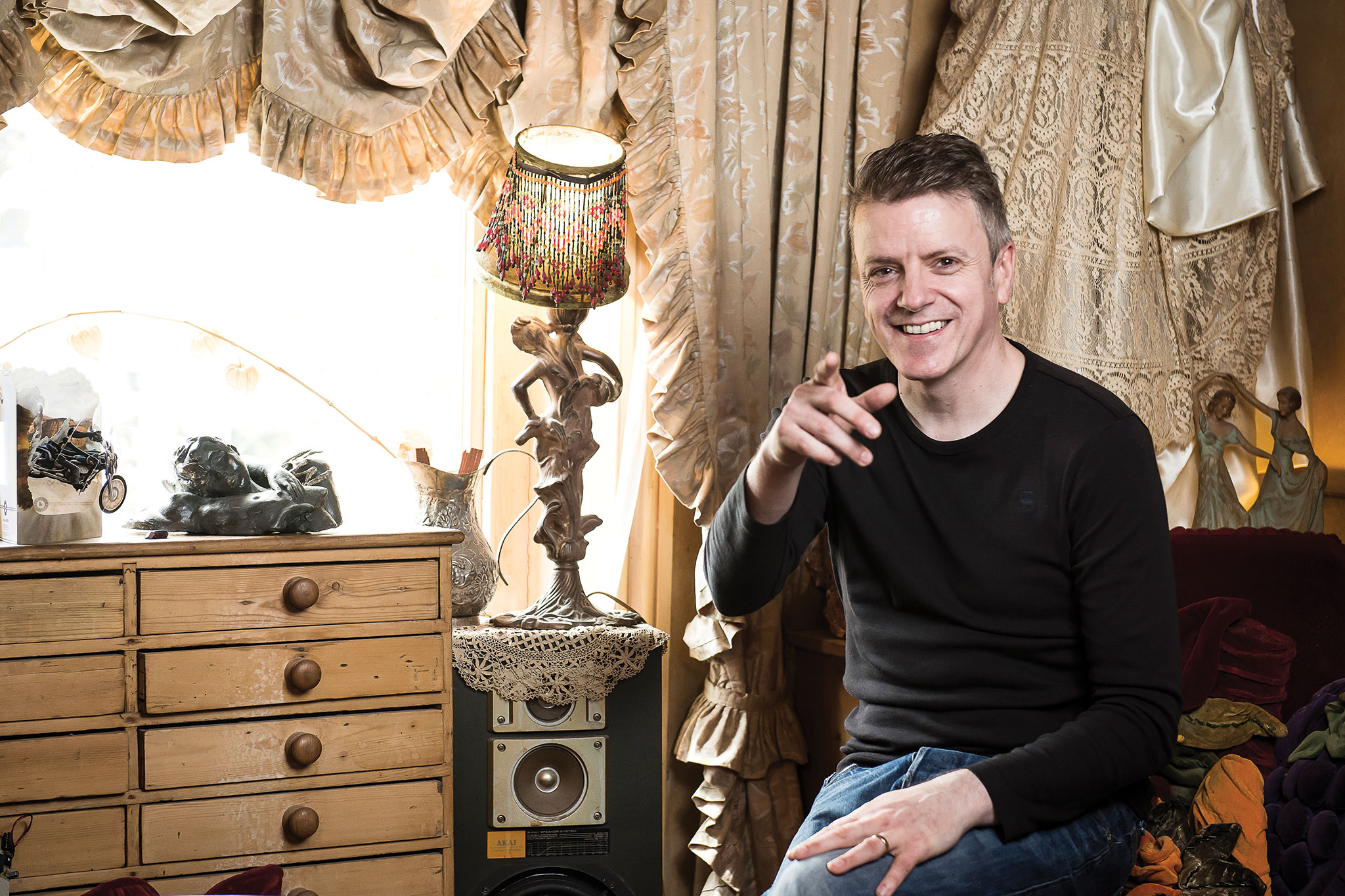
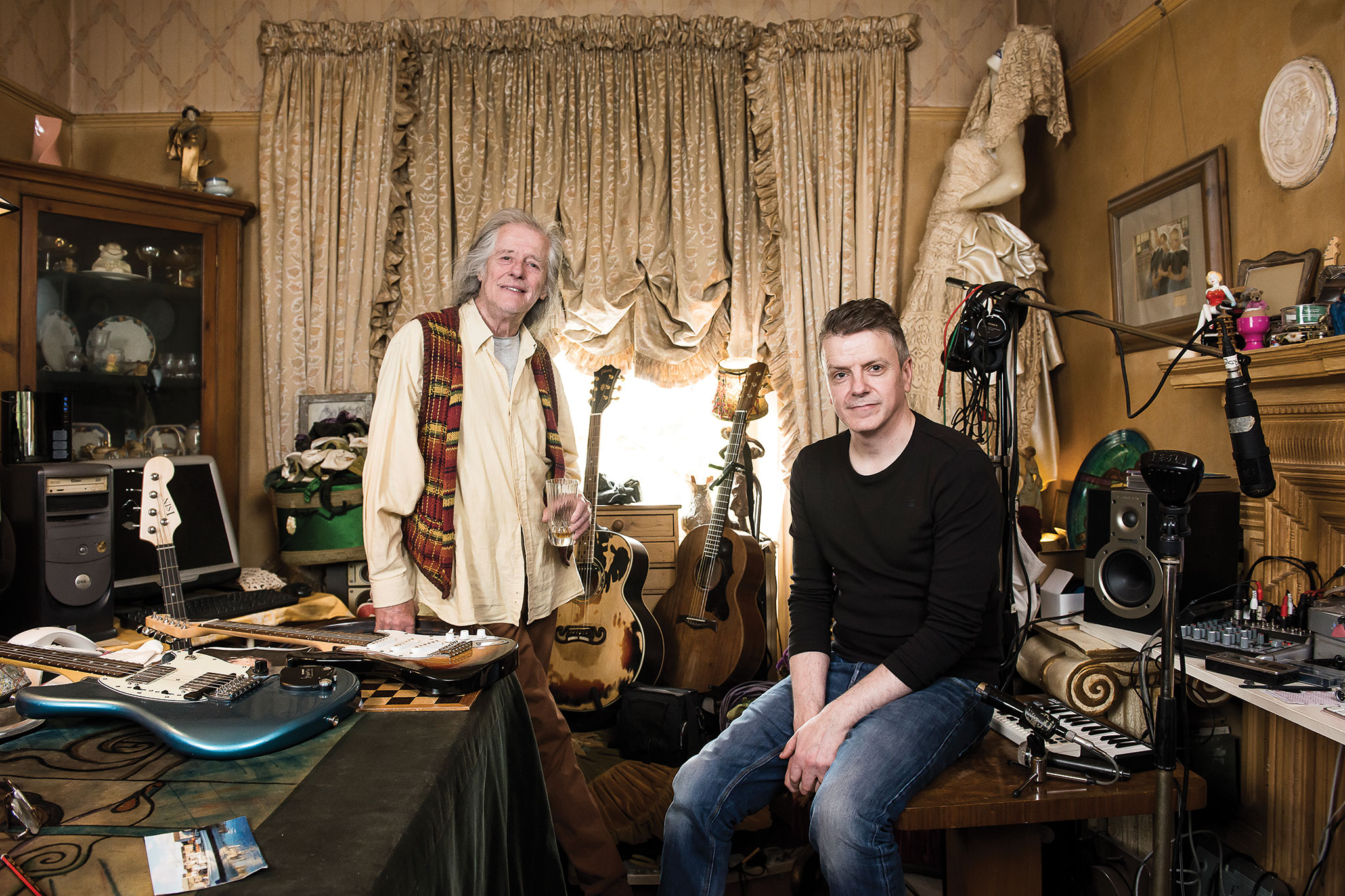
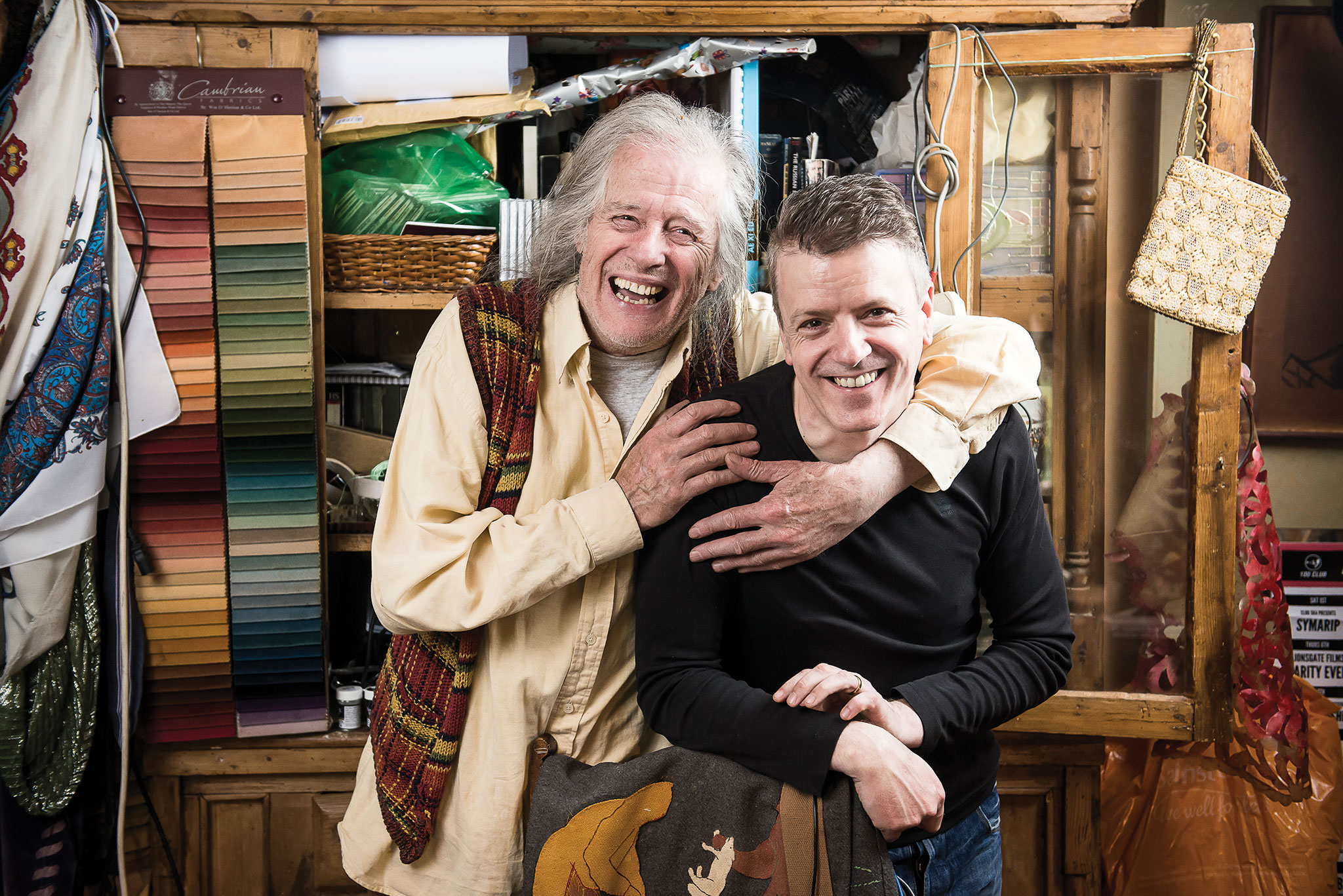
Johnny is a regular contributor to Prog and Classic Rock magazines, both online and in print. Johnny is a highly experienced and versatile music writer whose tastes range from prog and hard rock to R’n’B, funk, folk and blues. He has written about music professionally for 30 years, surviving the Britpop wars at the NME in the 90s (under the hard-to-shake teenage nickname Johnny Cigarettes) before branching out to newspapers such as The Guardian and The Independent and magazines such as Uncut, Record Collector and, of course, Prog and Classic Rock.

